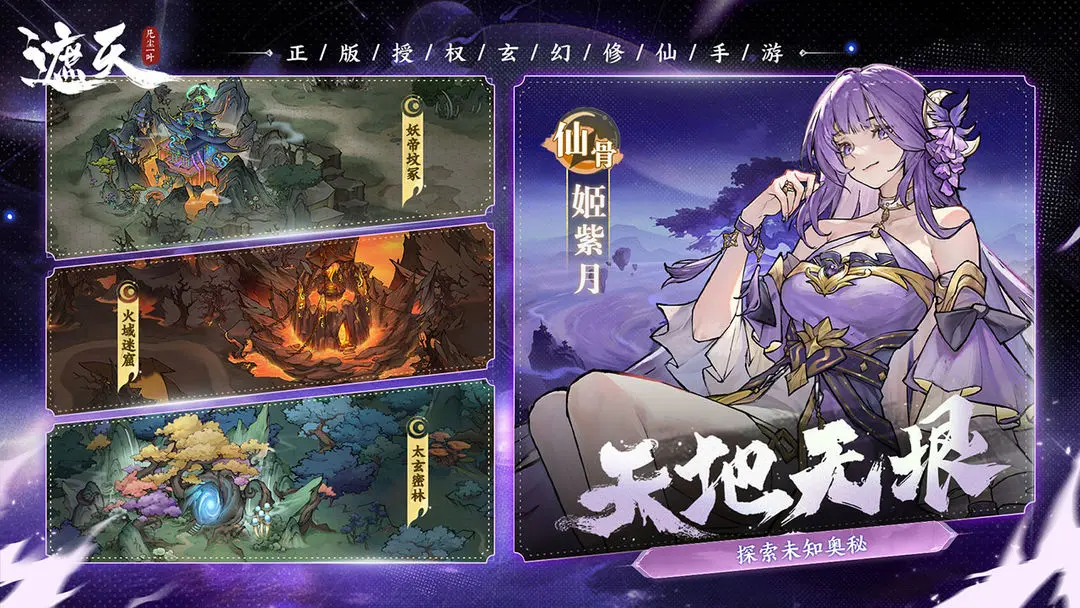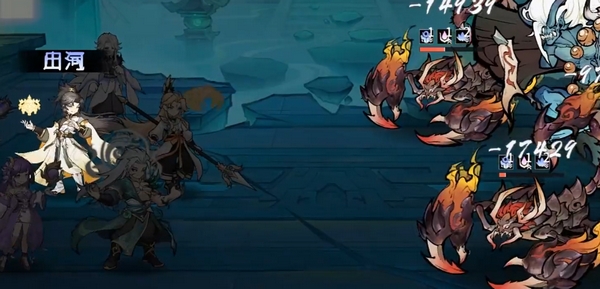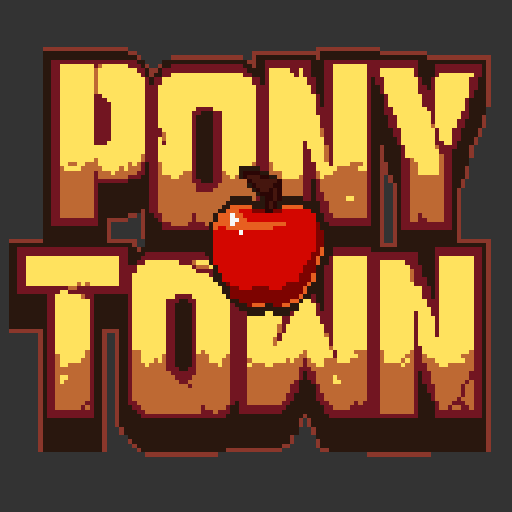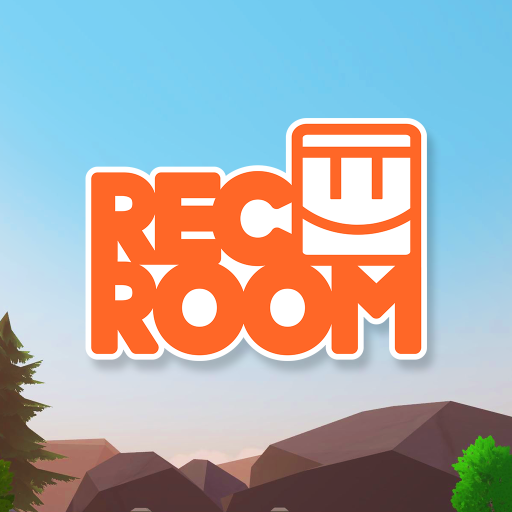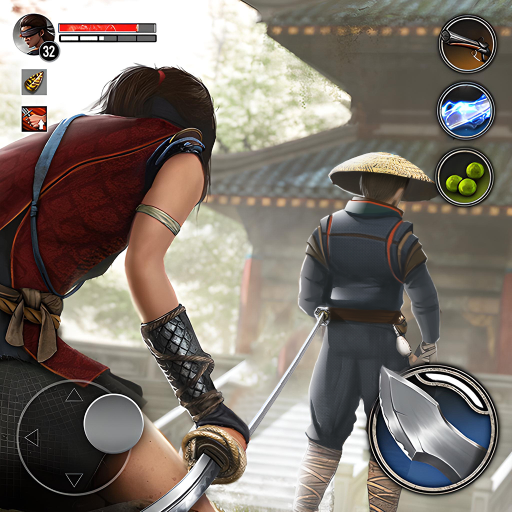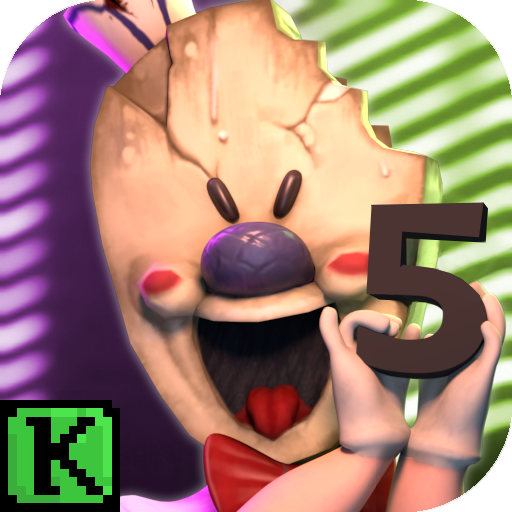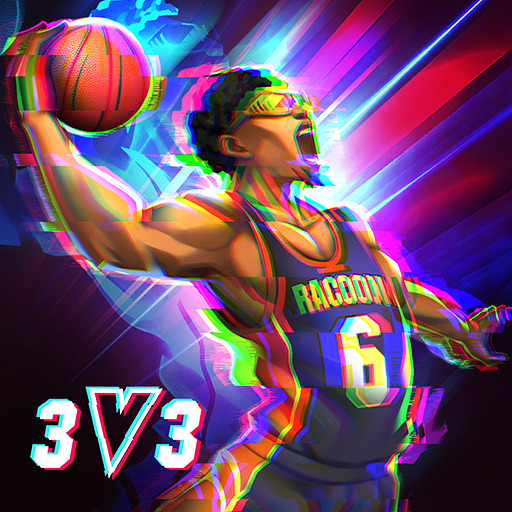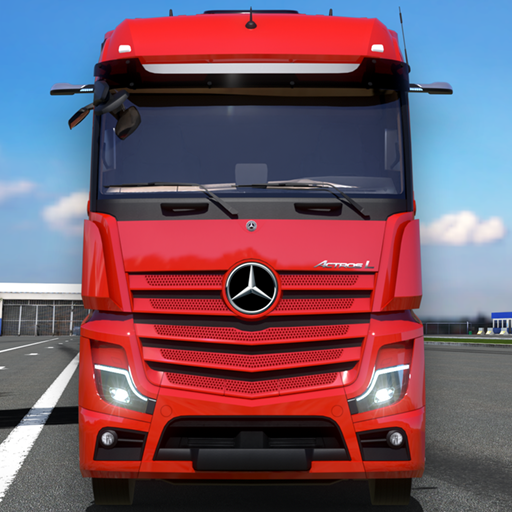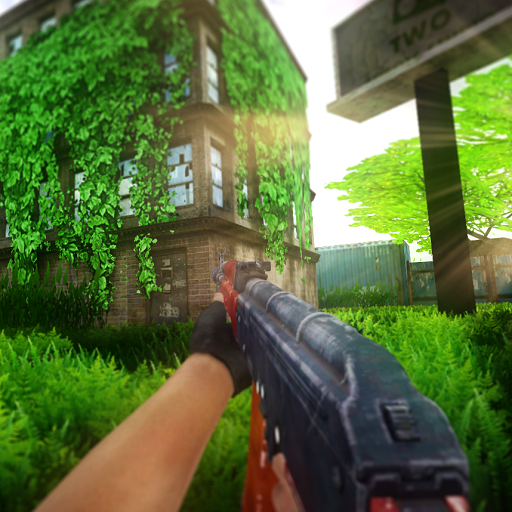The reputation system in My Own Swordsman's Ten-Year Pact is diverse, and the reputation gameplay is a crucial part of it. What is the reputation in My Own Swordsman's Ten-Year Pact? It is not only the core way to obtain legendary equipment for free but also closely linked to many game contents. Many new players are not very familiar with reputation, so let's delve into what reputation is and the related gameplay.
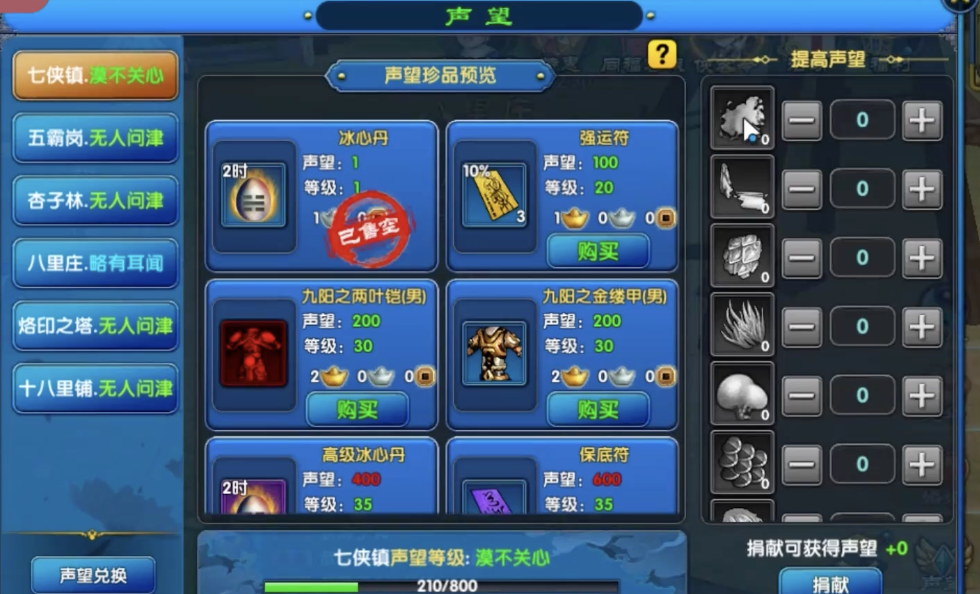
Reputation plays a significant role in the game, linking to the reputation stores of 6 main cities in the game, such as Seven Heroes Town, Eighteen Li Shop, and the Capital City. Each store calculates reputation independently. Players accumulate reputation points; once they meet the requirements for items, and their character level meets the standard along with having enough copper coins or gold, they can exchange for items in the store.
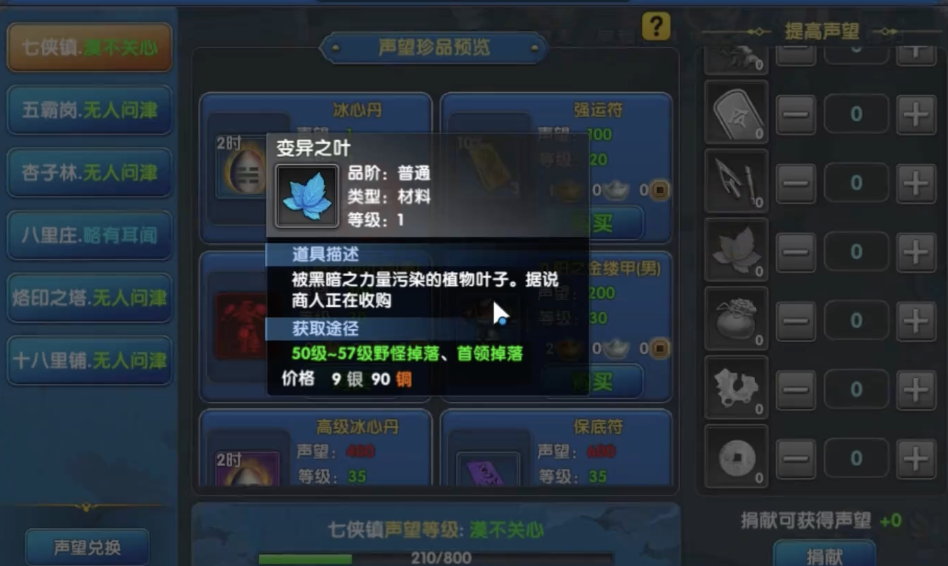
There are multiple ways to gain reputation. Defeating regular monsters in the wild will drop "Reputation Tokens," which are low-level materials that can accumulate some reputation. Challenging field leaders, i.e., elite monsters or bosses, will drop "Reputation Jade," a mid-level material, providing more reputation. The dungeon leaders are the "treasure trove" for gaining reputation, with a high probability of dropping "Reputation Orbs," a high-level material, allowing for quick reputation gains. Additionally, teaming up to defeat dungeon leaders doubles the rewards, making it an efficient way to gain reputation. Also, "Big Money" is like a brick-moving wonder, which can be exchanged and then listed on the auction house, easily earning you gold. Don't miss out on this opportunity.
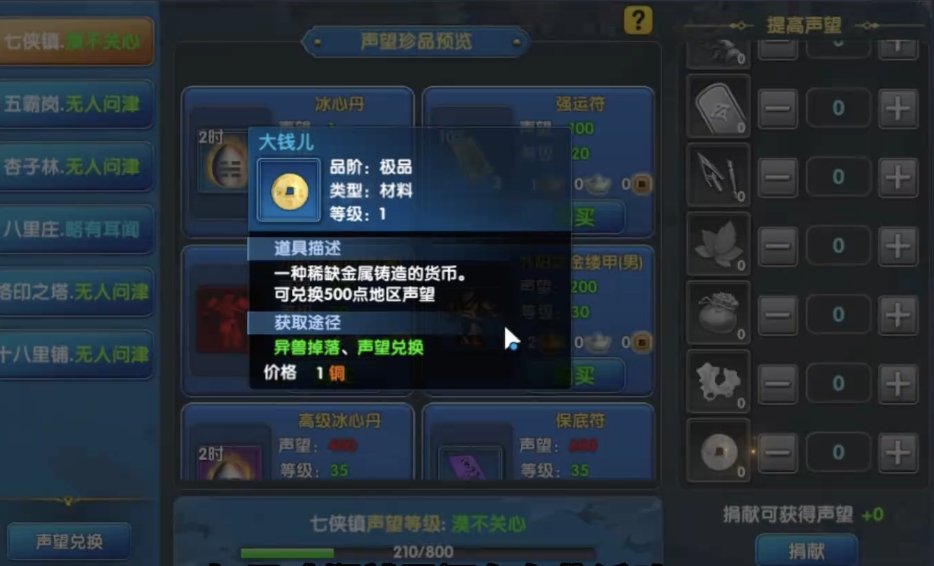
Equipment enhancement is key to increasing combat power and has a certain connection with the reputation system. The equipment refinement system can steadily increase various character attribute values. Upgrading weapons increases attack capabilities, while upgrading armor increases defense. Better helmets help with MP (Mana Points), and shoes can increase HP (Health Points) limits. When refining, if attributes are below +5, there's no risk; after +6, there's still no risk, but it's recommended to use "Protection Charms" to prevent downgrading. If your budget is limited, prioritize enhancing weapons and armor, as these provide the highest returns in terms of attack and defense.
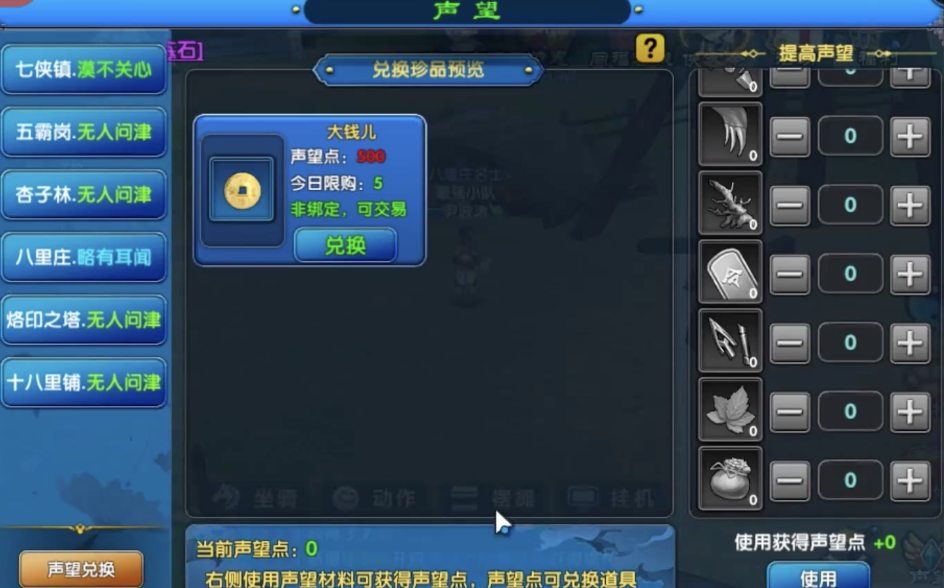
Equipment inlay allows for the free combination of attributes or skills. Different professions recommend different attribute stones, which can be obtained by defeating world bosses or purchasing from the auction house. It's suggested to prioritize using them on endgame weapons, and when dismantling, use a perfect dismantling stone to return the skill stones. Accumulating enough reputation to exchange for "Stardust" can be used to craft legendary equipment, further boosting combat power.
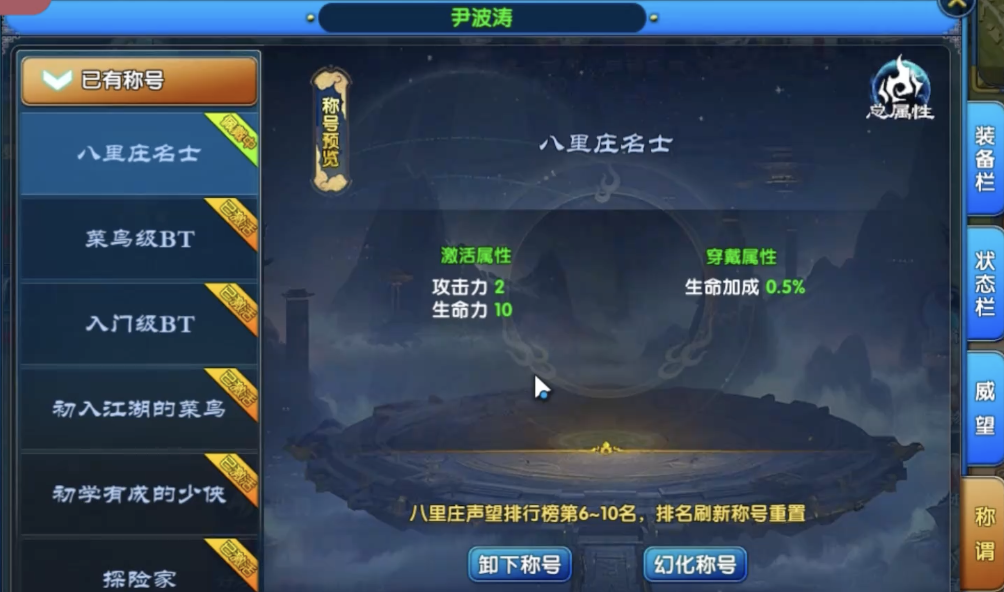
Here are some tips: Prioritize accumulating orbs by defeating dungeon leaders to exchange for "Stardust" to make equipment; when refining equipment, casually upgrade before +5, but always use protection charms after +6; inlay skill stones in weapons and stack attribute stones in other parts based on profession; and definitely exchange for "Big Money" to earn gold through the auction house.
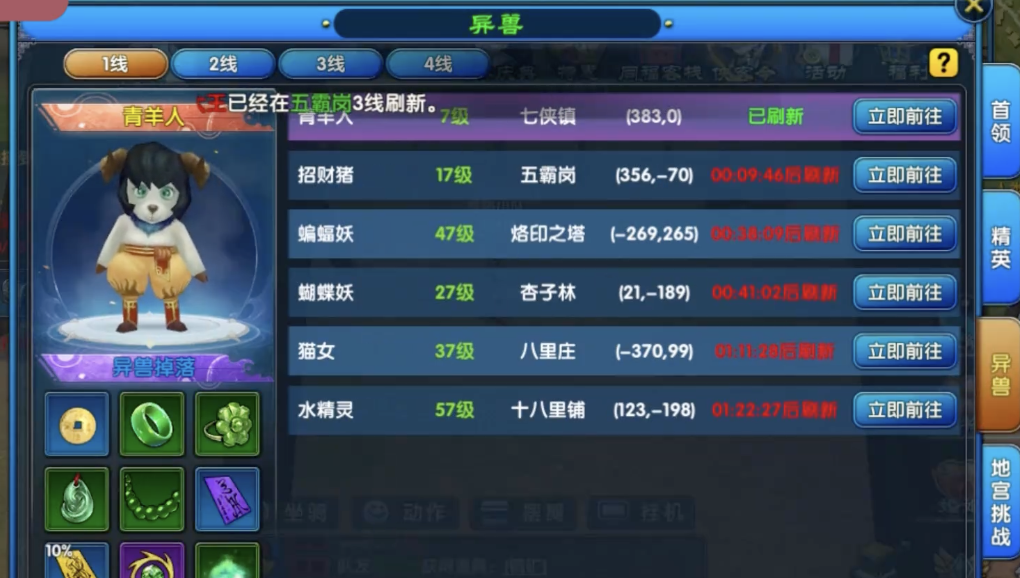
With an understanding of what reputation is in My Own Swordsman's Ten-Year Pact, you can fill your journey with opportunities and challenges. Mastering the reputation system and point enhancement techniques will allow you to thrive in the game. If you also want to venture into this exciting world, come and play now!
